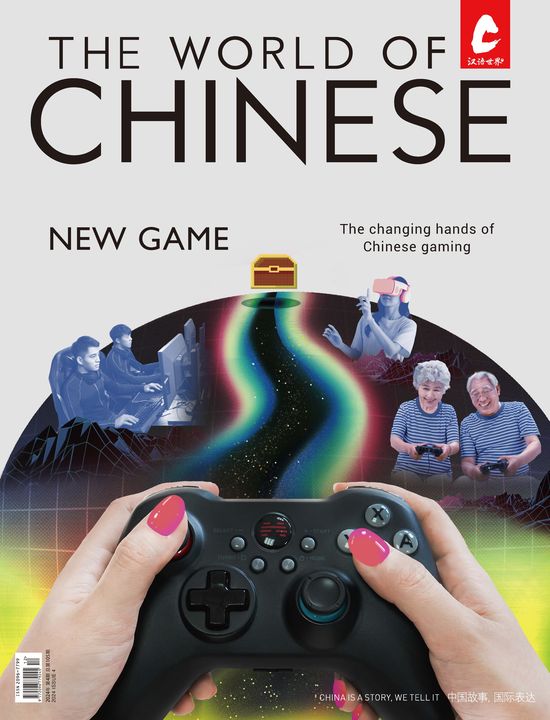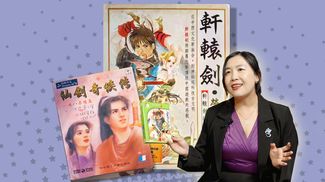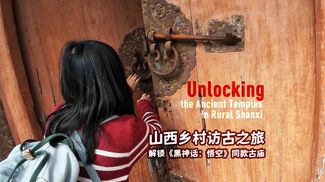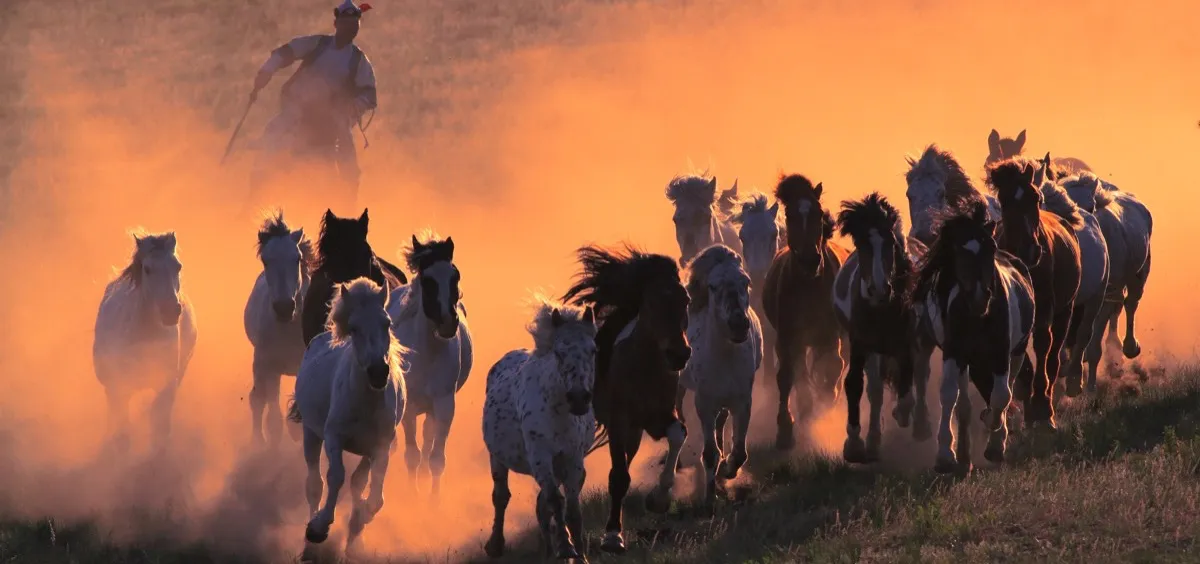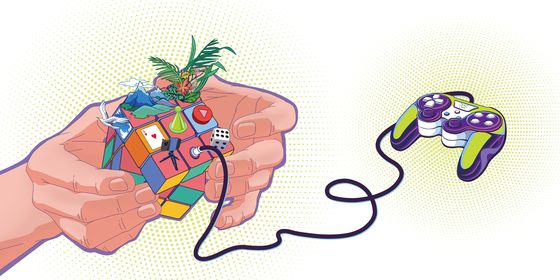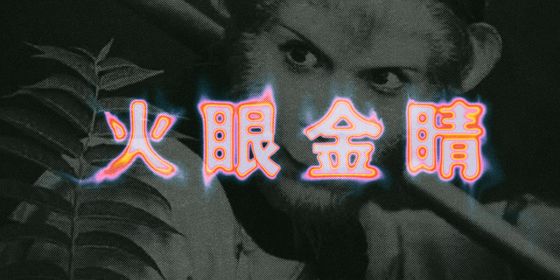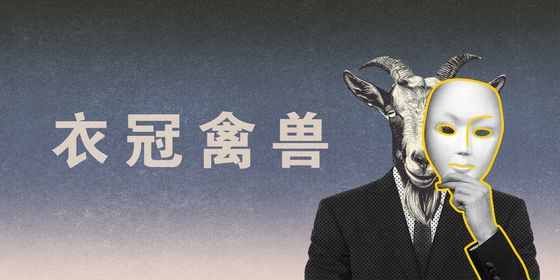Idioms about one of man’s most loyal companions
Loyal, brave, and heroic, the horse (马 mǎ) is one of the most beloved animals in China. Though not quite a “national treasure” like the panda, the horse has appeared in ancient literature and poetry perhaps more than any other animal.
The seventh animal of the Chinese zodiac often appears in legends as a heroic partner to its human rider, often saving its master’s life at a critical moment. When a noble or military leader came into possession of a particularly swift steed, it was sometimes taken as a symbol that they were destined for greatness. Many such stories about horse have turned into idioms, which TWOC introduces below:
老马识途 lǎomǎ-shítú
An old horse knows the way
In the Spring and Autumn Period (770 – 476 BCE), Duke Huan of the State of Qi (around present-day Shandong province) led his army in an assault on a rival kingdom far from his own territory. After a long campaign that eventually brough victory to Duke Huan, he and his troops became lost on their march home. At this time, Guan Zhong (管仲), a famous politician and strategist of Qi, came up with a plan: he released some of the older horses and let them walk in front of the troops. Just as he expected, the horses remembered the way, and the army manged to get back home by following them.
This story was recorded in the classic philosophical text Hanfeizi during the Warring States period (475 – 221 BCE) and birthed this chengyu, which refers to a person of vast experience who knows the ropes. For example:
Don’t worry. Old Li is like an old horse that knows the way. He can handle it.
Bié dānxīn, Lǎo Lǐ lǎomǎ-shítú, tā gǎo dé dìng.
别担心,老李老马识途,他搞得定。
马首是瞻 mǎshǒushìzhān
Follow the horse’s head
In the Warring States period, the State of Jin formed an alliance with 11 other kingdoms to attack the State of Qin. General Xun Yan (荀偃), who led the allied forces, issued an order to all the troops saying: “Tomorrow when the battle begins. Everyone should look at the head of my horse, and go wherever I go.” But his subordinates felt that Xun was too high-handed, grumbling among themselves: “Even the king has never given such an order, why should we listen to him?” Late, in the battle they deliberately went in the opposite direction from Xun, causing chaos in the army, and eventually forcing Xun to order all his forces to retreat. Later, this story became the chengyu 马首是瞻, meaning to follow somebody’s lead.
You are the leader of our team, so we will certainly follow your lead.
Nǐ shì wǒmen tuánduì de lǐngdǎo, wǒmen kěndìng huì wéi nǐ mǎshǒushìzhān.
你是我们团队的领导,我们肯定会唯你马首是瞻。
马革裹尸 mǎgé-guǒshī
Wrap the corpse in horsehide
According to the Book of Later Han, Ma Yuan (马援), a military general of the Eastern Han Dynasty (25 – 220), wanted to volunteer to go to the battlefields at the borders of the empire. But he was already 62 years old then, and one of his advisers was afraid that he was too old to fight. In order to express his determination , Ma said, “A real man should die in action and be buried in a horsehide shroud instead of being attended in bed by sons and daughters till his death.” The adviser was convinced.
Though he died at his post the following year, the idiom 马革裹尸 lived on, and it means to lay down one’s life on the battlefield.
A hero should die in battle and be buried in a horsehide.
Hǎo nán’ér yīnggāi zhànsǐ shāchǎng, mǎgé-guǒshī.
好男儿应该战死沙场,马革裹尸。
塞翁失马 sàiwēng-shīmǎ
An old frontiersman loses his horse
The Huainanzi, a philosophical anthology believed to have been written pre-139 BCE, records a fable of an old frontiersman and his horse: One day, the old man’s horse escaped. The neighbors thought the horse must have crossed the border into another kingdom where he couldn’t retrieve it, and felt sorry for the old man. But the old man replied: “Who can say that it won’t turn out to be a blessing?” After a few months, his horse returned with another fine horse in tow. Everyone congratulated him, but the old man said: “Perhaps this will soon turn out to be a curse.”
Before long, his son fell from one of the horses and broke his leg. Again, his neighbors were sympathetic, but the old man again replied, “Maybe this time, it will be a blessing.” One year later, a war started. All the young men were called up to the army, and most of them died. But because of his injured leg, the old man’s son stayed home and survived.
This chengyu now refers to a blessing in disguise, and is frequently used to comfort others.
I know you were very upset to miss this opportunity. But it’s perhaps just like an old man losing his horse, it will be a blessing in disguise.
Wǒ zhīdào nǐ cuòshī zhè cì jīhuì hěn nánguò. Dànshì sàiwēng-shīmǎ, yānzhī fēi fú?
我知道你错失这次机会很难过。但是塞翁失马,焉知非福?
Cover image from VCG
